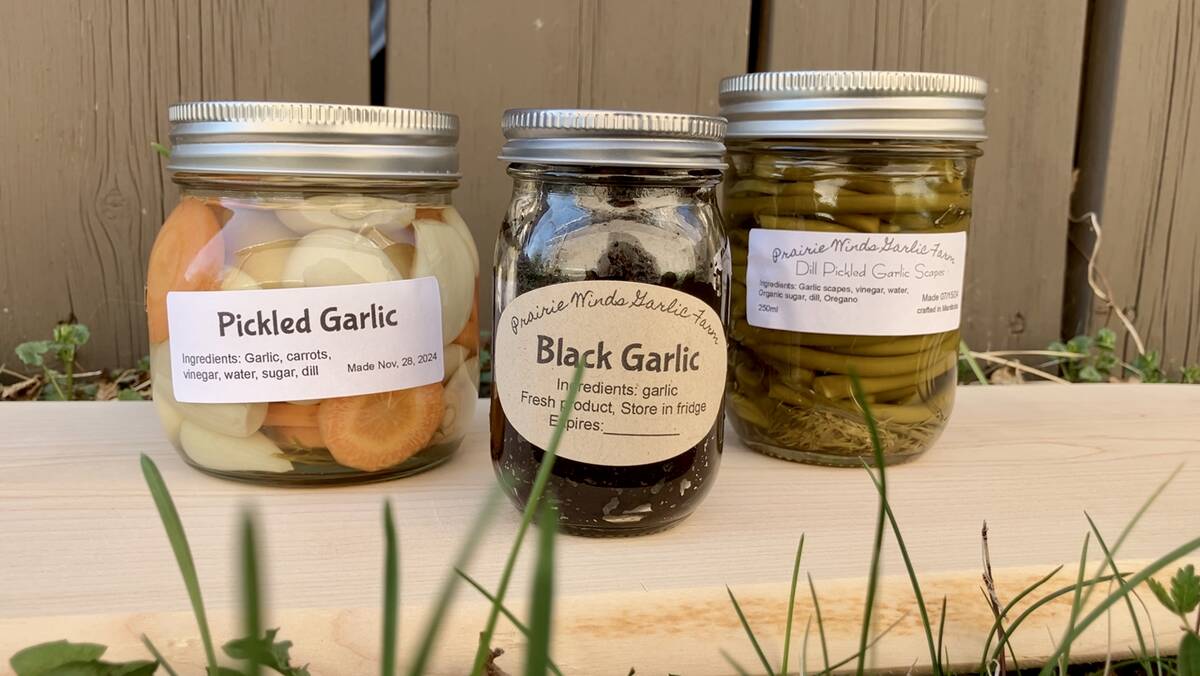Avoid Canadian retaliation Farm bill negotiations open the door to revise COOL to adhere to WTO rules
Negotiations around the United States farm bill could provide a chance for Canadian livestock producers to seek changes to American country of origin labelling.
John Masswohl, director of government and international relations for the Canadian Cattlemen’s Association, said June 25 that since the U.S. Senate approved the farm bill and Congress rejected it, further negotiations will be required.
And that could provide an opening for introduction and passage of COOL revisions.
“The Americans have this window of opportunity with the farm bill right now. Our allies are working with certain congressmen and senators to really elevate the concern in the Congress about retaliation and say ‘let’s fix this now,’ ” Masswohl said in an interview at a CCA town hall meeting in Lethbridge.
Read Also

Growing garlic by the thousands in Manitoba
Grower holds a planting party day every fall as a crowd gathers to help put 28,000 plants, and sometimes more, into theground
American agriculture secretary Tom Vilsack said in a news release last week that he is opposed to another extension of the farm bill, though some analysts say that is the most likely scenario.
Masswohl said legislative change is the only way to resolve international conflict surrounding COOL, which has cost Canadian hog and cattle producers an estimated $1 billion per year since it was implemented in late 2008.
Canada and Mexico won a ruling from the World Trade Organization earlier this year indicating COOL contravened trade agreements, and the U.S. amendments to COOL made in May were considered in Canada to be worse than the original.
Federal agriculture minister Gerry Ritz in June announced a proposed list of U.S. items to which Canada would affix tariffs if the COOL issue is not resolved.
Masswohl said the CCA had input into the list so it included items “that are made in areas represented by congressmen and senators that have been unhelpful and if they continue to be unhelpful and don’t resolve this issue, then they won’t be shipping those things to Canada anymore.
“And by the way, the Mexicans have said the same thing.”
Ritz announced the list at the State Agriculture and Rural Leaders (SARL) meeting in Vancouver, which was attended by about 300 U.S. state legislators.
“I got some feedback, in that there were a couple of those state senators there from Iowa who were also cattle producers in Iowa,” Masswohl said about the SARL meeting.
“The Iowa Cattlemen’s Association has not been in the right position. They have supported mandatory COOL. About a week ago, the Iowa Cattlemen’s Association changed their position to supporting voluntary COOL.”
That particular state has strategic importance as Vilsack’s home state, and is also home to other powerful federal legislators, Masswohl added.
Canada has American allies in its objections to COOL, including the National Cattlemen’s Beef Association, the American Meat Institute, which represents packers, and the National Meat Association.
But a powerful opponent is the U.S. National Farmers Union, which supports existing COOL legislation.
Masswohl said that’s the reason many items on Canada’s proposed retaliatory tariff list are produced in areas where the NFU is particularly strong.
The value of the list at this point is as a pressure tactic to encourage changes to COOL before the matter is taken back to the WTO for consideration, amendment and/or approval, a process that would likely take more than a year.
“Really, the strategy is let’s get this thing fixed now through legislation and we think there’s a decent opportunity to do that,” Masswohl said.

















